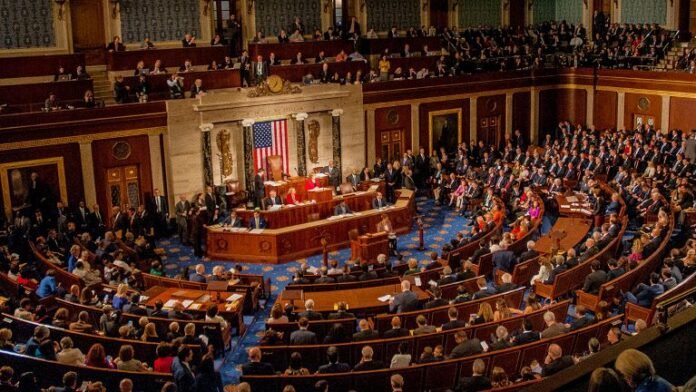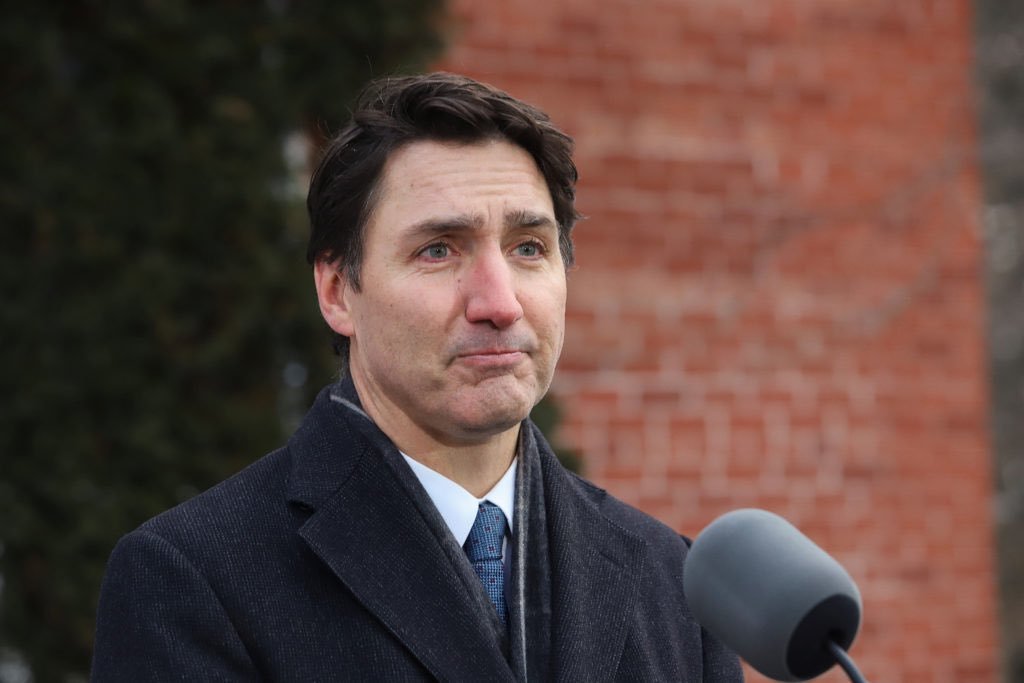A new bill in the United States may increase the cost of sending money overseas. US House Republicans have introduced a proposal to impose a 5% excise tax on all international money transfers made by US residents.
The draft bill was made public on Monday, May 12, 2025. The tax would apply to all remittances sent to foreign countries, except those made by verified US citizens or through licensed operators.
“There is hereby imposed on any remittance transfer a tax equal to 5 percent of the amount of such transfer,” the bill states.
The sender would pay the tax, and the US Treasury Department would collect it quarterly.
Impact on Nigeria and Other Remittance-Dependent Nations
The proposed tax may hit Nigerian households hard. Nigeria is among the top remittance-receiving countries in Africa.
Between January and October 2024, Nigeria received $4.22 billion through International Money Transfer Operators (IMTOs), according to Central Bank of Nigeria (CBN) Governor Olayemi Cardoso. However, the CBN did not say how much came from the US.
Nigerians abroad, especially those in the US, play a major role in supporting families and communities back home. These remittances often cover food, school fees, healthcare, and small businesses.
If the bill passes, a ₦100,000 remittance from a US resident could attract a ₦5,000 tax, making remittances more expensive.
Only verified US citizens or approved transfer services would be exempt. US residents with dual nationality or uncertain immigration status could be affected the most.
Wider Context of Trump Administration Policies
This tax proposal comes as part of a larger policy shift by former President Donald Trump, who returned to office in January 2025. His administration is pushing strict immigration controls and tougher trade measures.
In January, US Immigration and Customs Enforcement (ICE) announced that almost two million undocumented immigrants could face deportation. Trump also renewed efforts to end birthright citizenship for children of non-citizens born in the US.
On trade, the US imposed a 14% tariff on Nigerian goods in March 2025. This move drew criticism from African nations, who see it as a threat to economic growth and trade fairness.
However, Trump recently eased trade tensions with China. A new deal signed on May 12 reduces US tariffs on Chinese goods from 145% to 30%. China also agreed to drop its duties on US products from 125% to 10%.
For Nigeria and other developing nations, the remittance tax adds to ongoing economic pressure from high tariffs and shifting foreign policies.
Rate, Like 👍, Comment, share this article and Follow us on our social media handles.






